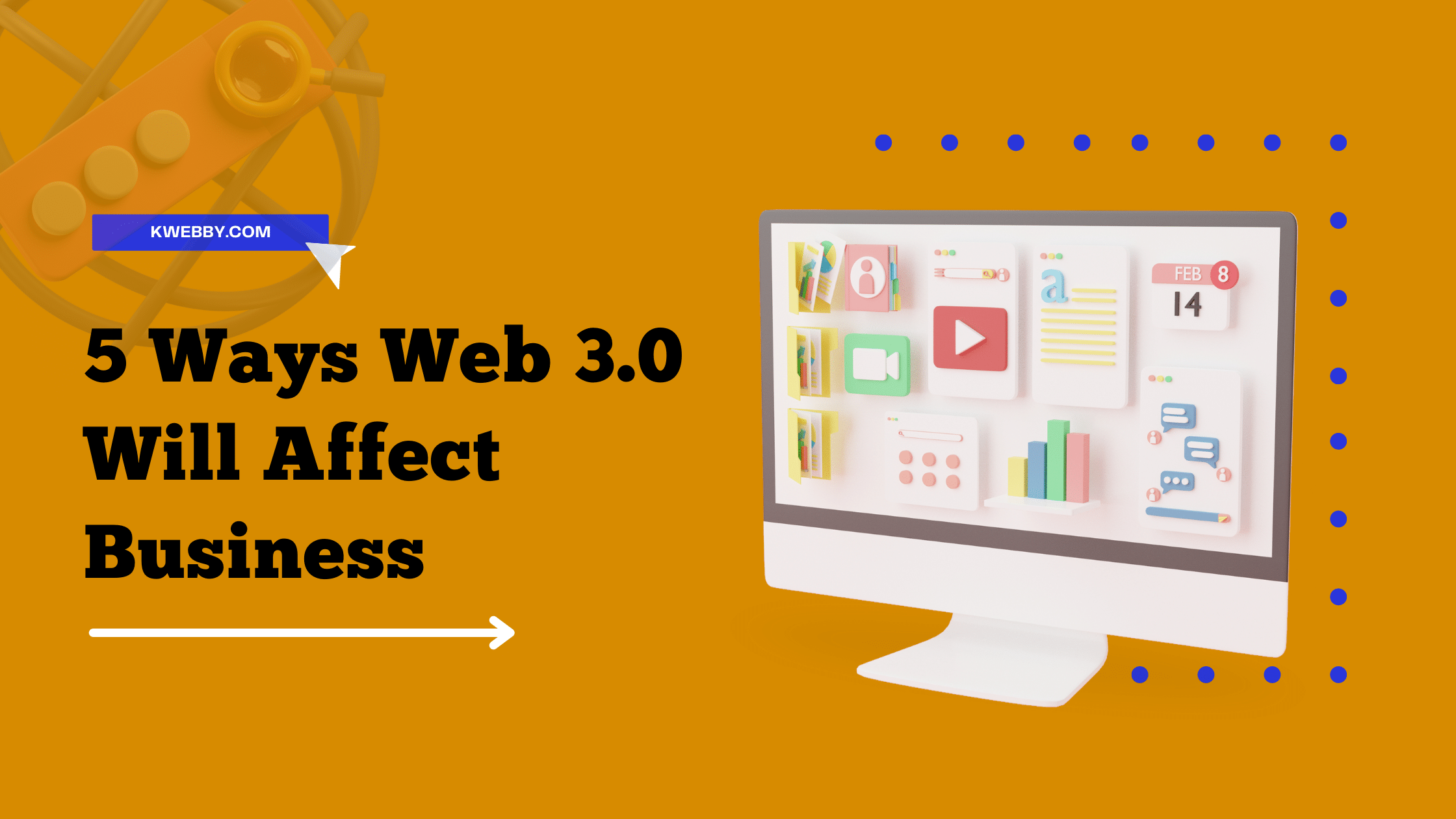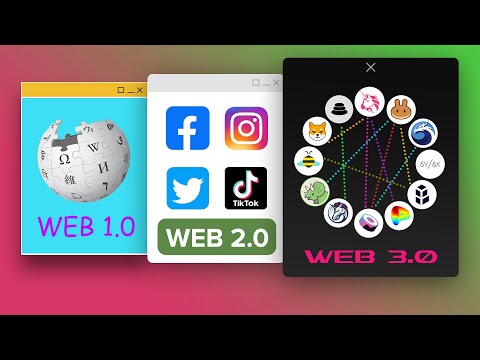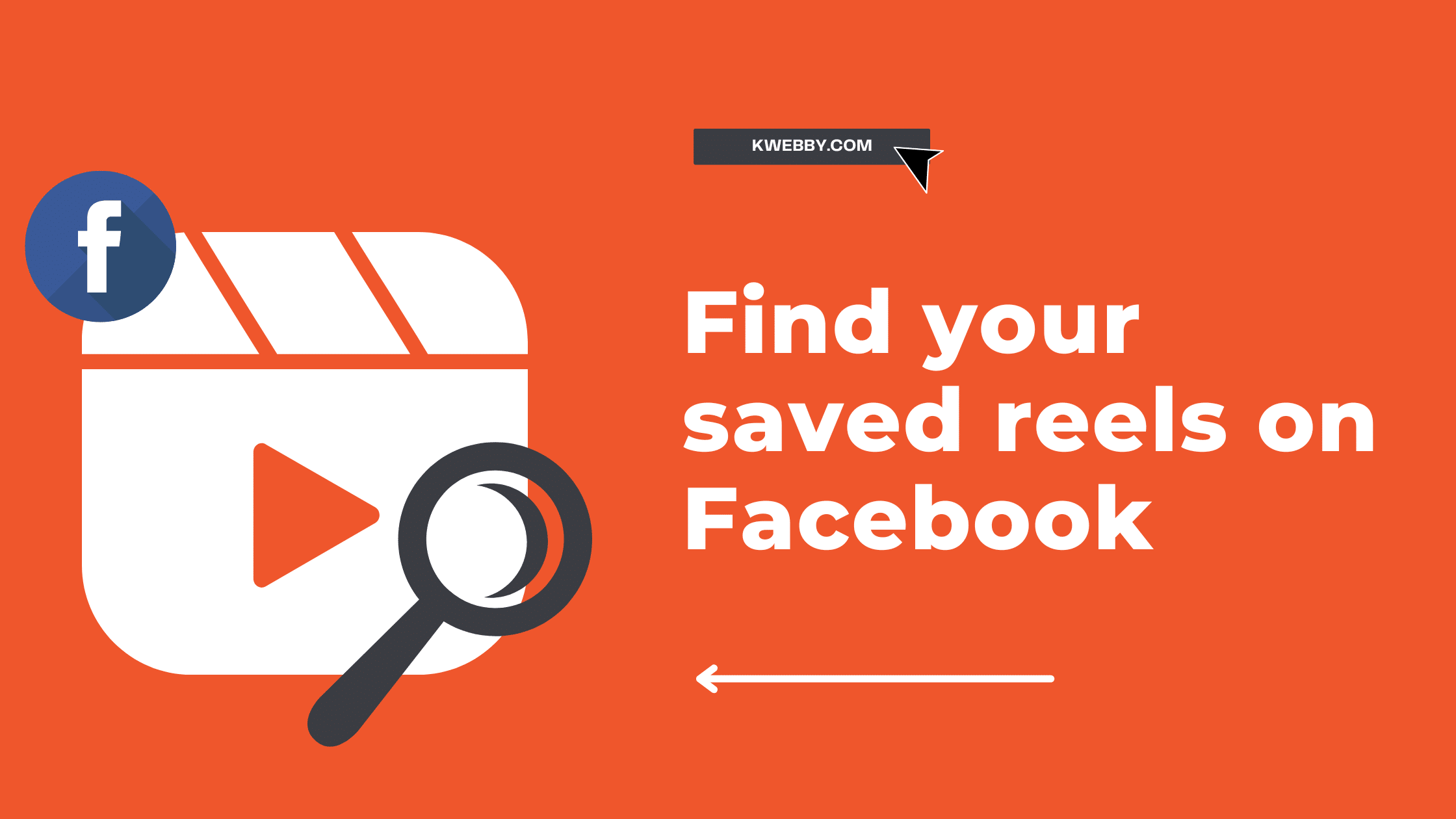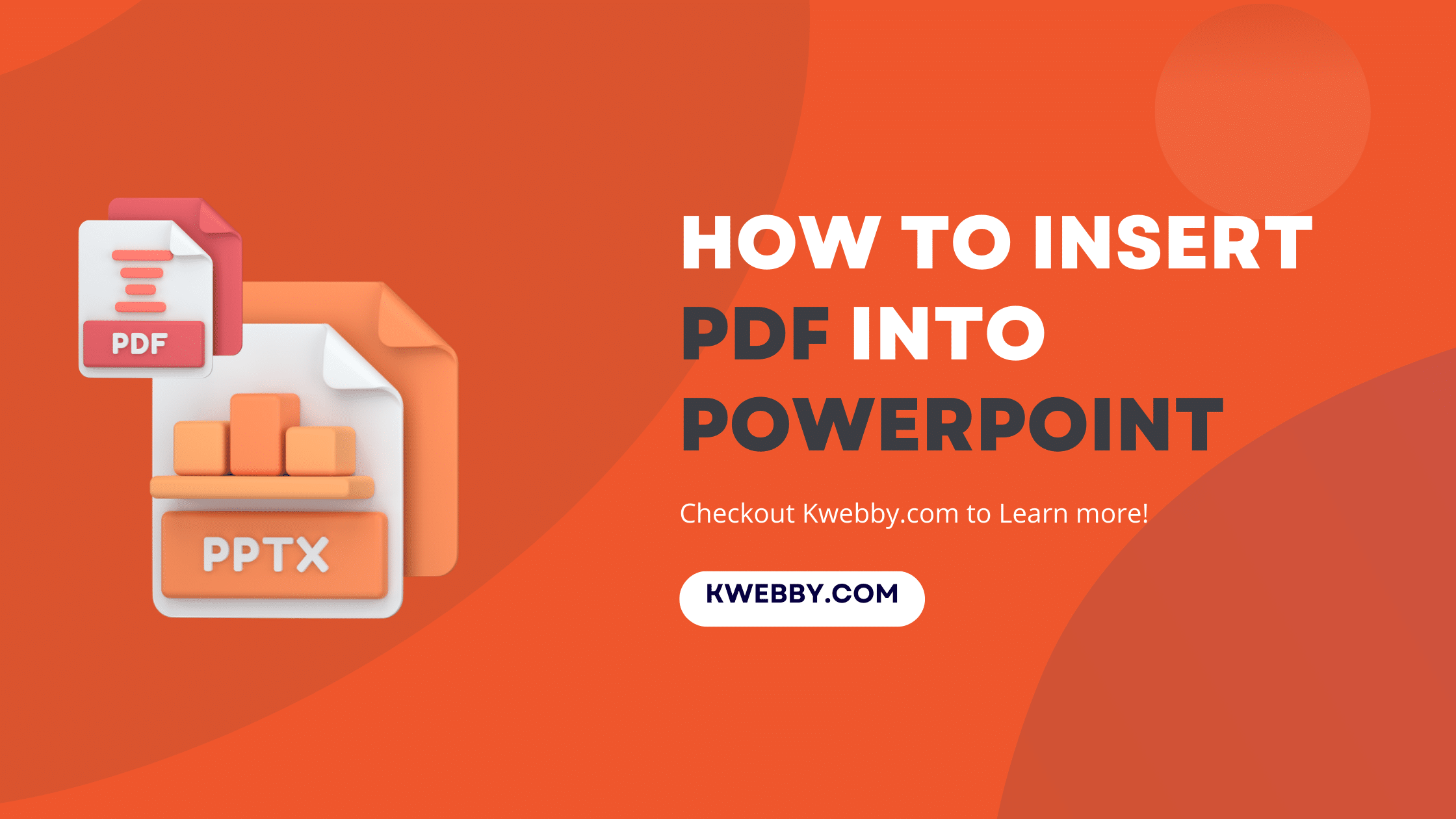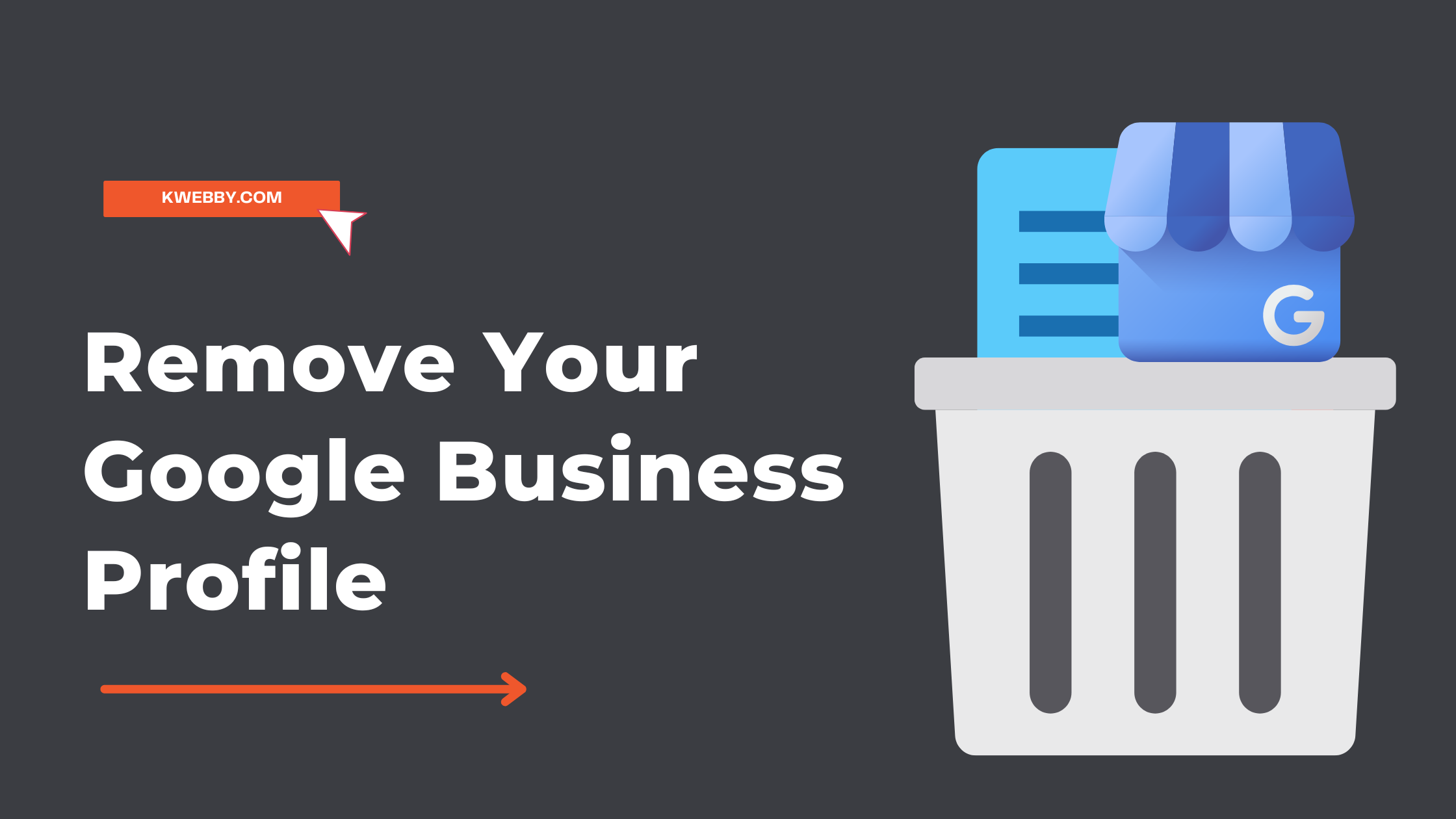Web 3.0 is the next generation of the web, as opposed to the internet you use today, known as Web 2.0. The Internet in its current form has evolved over the years – from static websites to dynamic and interactive content.
The introduction of social media and sharing platforms, such as Facebook, Twitter, YouTube, and LinkedIn have brought a whole new dimension to the Internet.
Web 3.0 is the third generation of the internet (based on blockchain technology) and the next big step in the evolution of the internet.
As you can see below the total users of selected virtual platforms worldwide as of October 2021 includes WEB 3.0 and other platforms based on the same i.e. Non-fungible tokens (NFTs), Blockchain gaming, Decentralized finance and Global crypto.
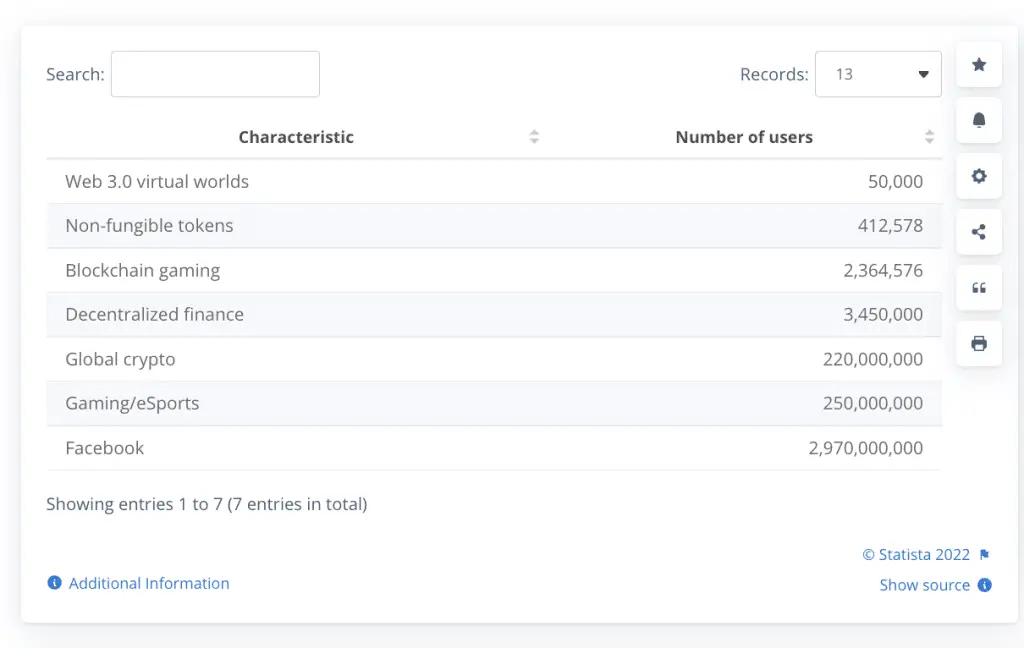
Web 3.0 will impact how people use the internet, and how businesses take advantage of it. Let’s look at some ways Web 3.0 will affect how companies and people conduct business.
What is Web 3.0?
Web 3.0 is a future vision for the internet’s evolution that envisions a decentralized ecosystem based on blockchain technology. It would be a departure from the current centralized mega-platforms and enterprises that dominate the ecosystem, according to its proponents, and would address what’s wrong with the internet today as well as reversing democracy erosion.
What is the problem with today’s online environment that Web 3.0’s supporters claim to address? Web 3.0 is a cutting-edge Internet technology that combines machine learning, artificial intelligence, and blockchain to create real-world human interactions. The cherry on top is that web 3.0 not only allows consumers to own their personal information.
Web3 is a web-based, open-source software that gives users complete control of their data and the tools to share in the profits produced by their work.
It’s important to note that Web3 is designed to follow certain standards. For one thing, it’s decentralized and does not involve a central authority in charge of all data and profits.
Applications built on top of Web3 are open source. This implies that every user can see the algorithms and software components of an app without fear of being backdoored.
Examples Of Web 3.0 In Action
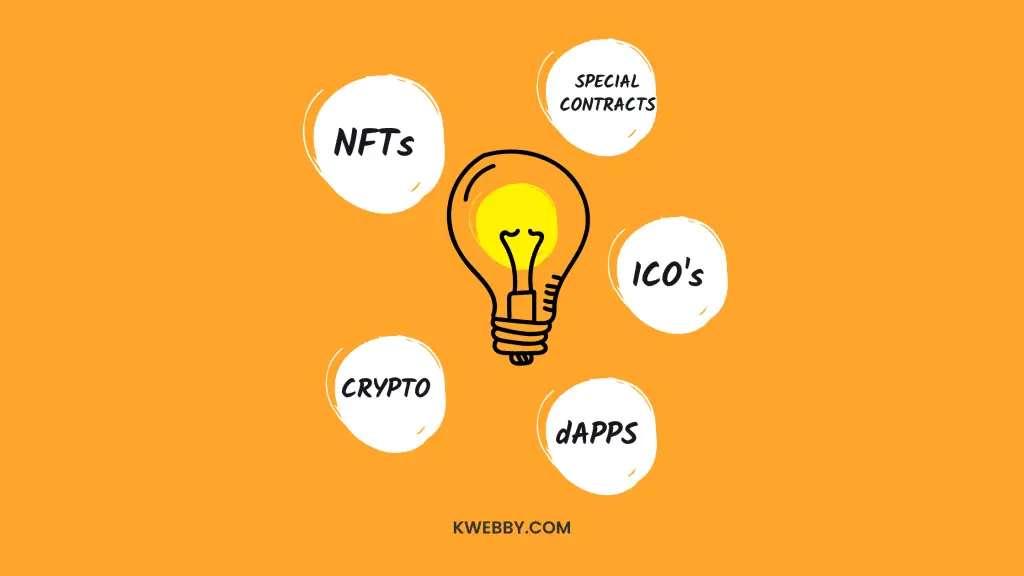
There are already a few projects that offer a sneak peek into what the web 3.0 world would look like.
The most popular project is probably Ethereum, which is a decentralized platform that runs smart contracts: applications that run exactly as programmed without any possibility of fraud or third party interference.
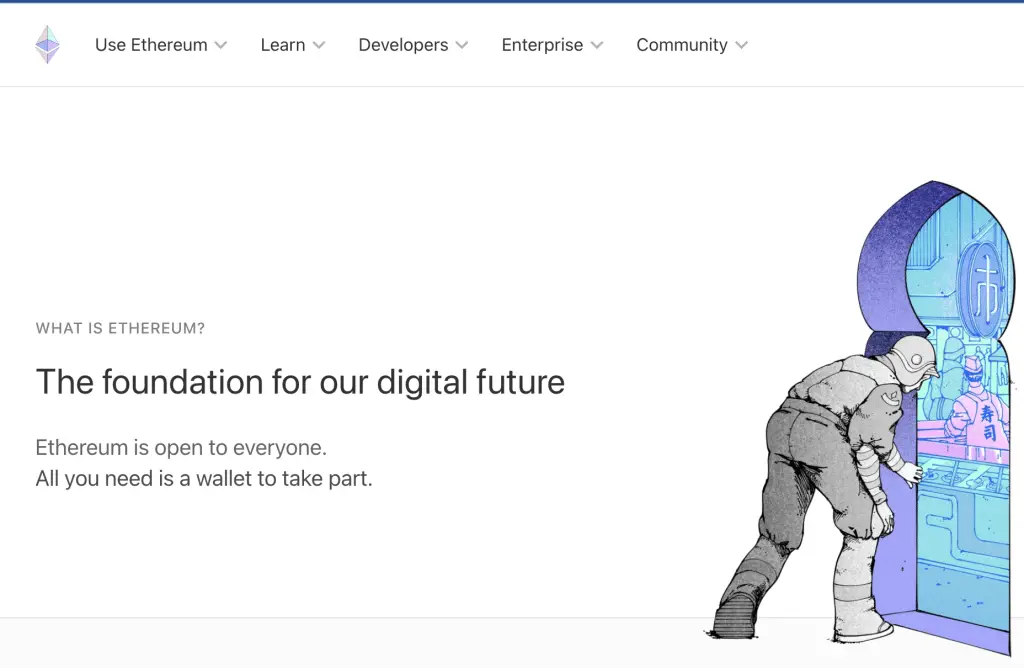
Another great example is IPFS, which is an open-source project built to create a peer-to-peer hypermedia protocol that allows all information to be stored, accessed, and shared.
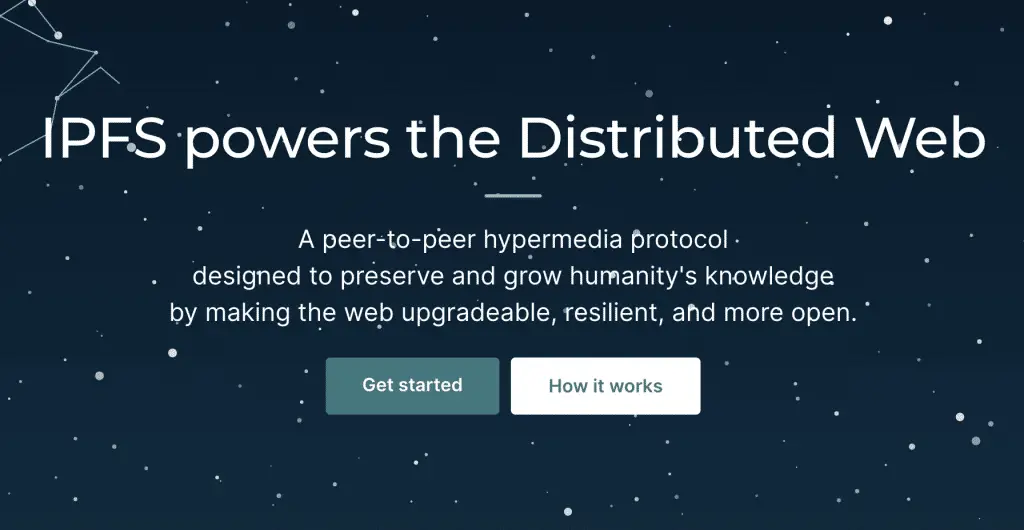
Another interesting project is Elastos, which was established in 2000 by Rong Chen as the first completely open-source operating system for decentralized internet services. This OS uses blockchain technology to run smart contracts and DApps (decentralized applications).
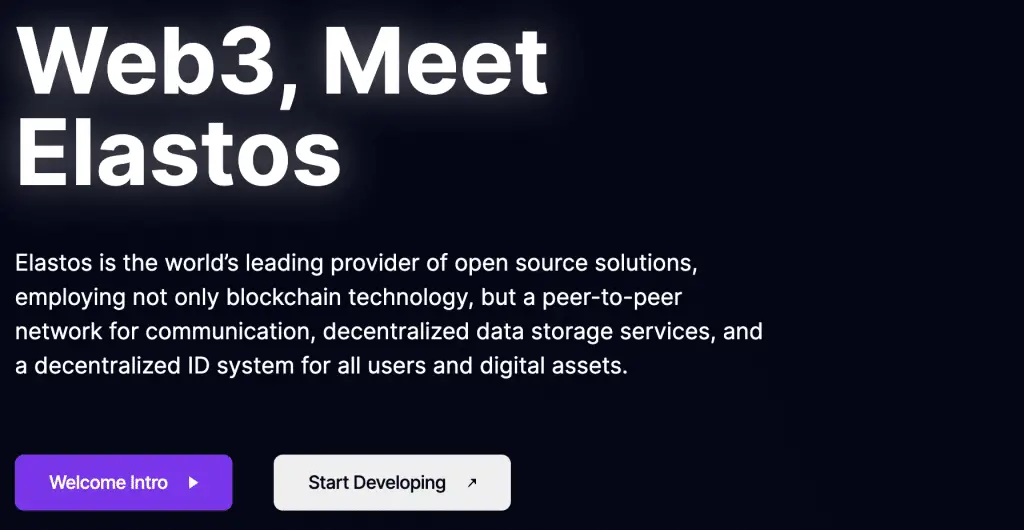
As Web 3.0 continues to evolve, it will become more commonplace for businesses and consumers to take advantage of its benefits. Some key features that businesses should consider include decentralized data storage, smart contracts, machine learning/AI capabilities, digital identity management, and improved privacy controls.
Overall, Web 3.0 has enormous potential to transform the way that companies do business online, and it’s something every entrepreneur should be keeping an eye on in the years to come.
5 Ways Web 3.0 Will Affect Business:
As the internet evolves, so does the way we do business. Web 3.0 is the next step in the evolution of the internet, and it does affect businesses. Here are five ways that Web 3.0 will affect how companies conduct business online.
The Rise of Transparency
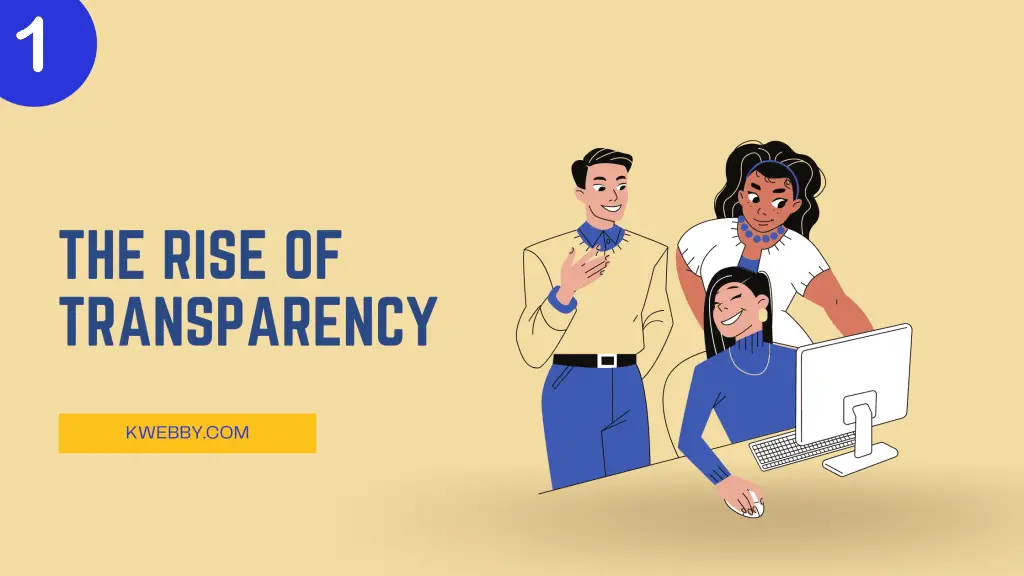
B2B (business to business) will need to become more transparent. Today, B2B companies can get away with obfuscation that wouldn’t fly in the Web 3.0 world. With all the new connectivity, clients and customers can see into every corner of your business.
- They’ll know how you treat your employees;
- how much profit you make (if any) from a product or service;
- what kind of internal communication exists between departments;
- whether you give back to the community; where your resources come from, etc.
For example, if you use data but don’t use it responsibly, consumers will know about it when they are looking up products on their phone or computer.
B2B partnerships may need to change. The trend towards increased transparency and data sharing in B2B could affect the way companies choose partners as well as where they are willing to partner geographically.
This increased transparency means businesses will be concerned with what their business practices are but also which other companies they associate with as well – since these associations reflect on them too.
The customer experience becomes even more important with B2B experiences because businesses have less control over their brand image than ever before, as consumers can use social media and other means for sharing information about them publicly.
Sales and Marketing

Once Web 3.0 is in full force, sales and marketing will never be the same again. Marketing will become more:
Data-driven
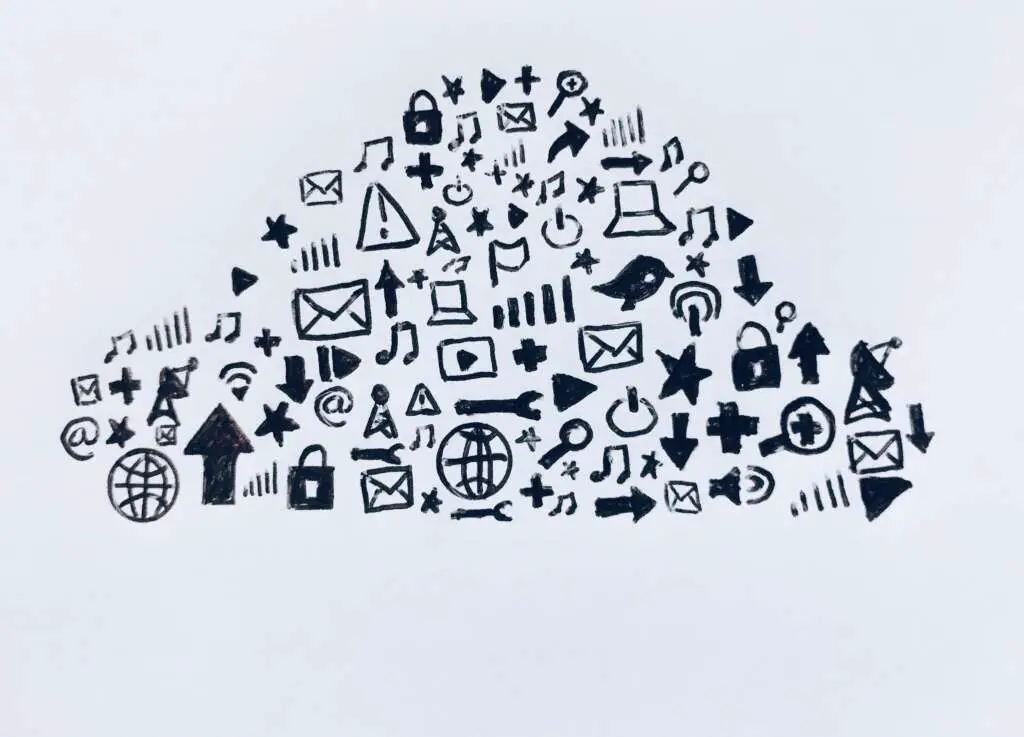
Using data to guide decisions will become the norm. You’ll be able to segment customers based on everything from their age to their education level and other demographic information.
It will also be easier to discover their purchasing habits and how they’ve interacted with your company over time.
Customer-focused

The customer experience will become more critical than ever before. As artificial intelligence becomes a bigger part of our lives, companies will have to use personalization and localization to ensure that prospects are happy whenever they interact with you online or in person.
Automation focused
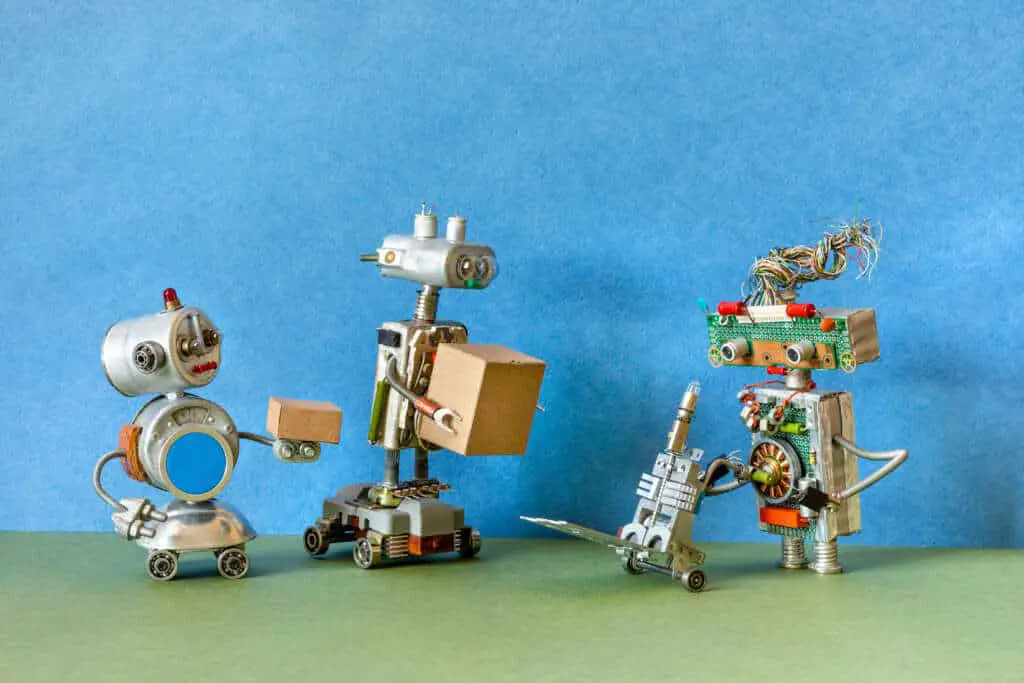
Automating certain parts of the sales cycle is nothing new, but technology enhancements will accelerate this trend moving forward. Personalized product recommendations based on past purchases and automated sales processes will speed up the process for both buyers and sellers.
Innovation
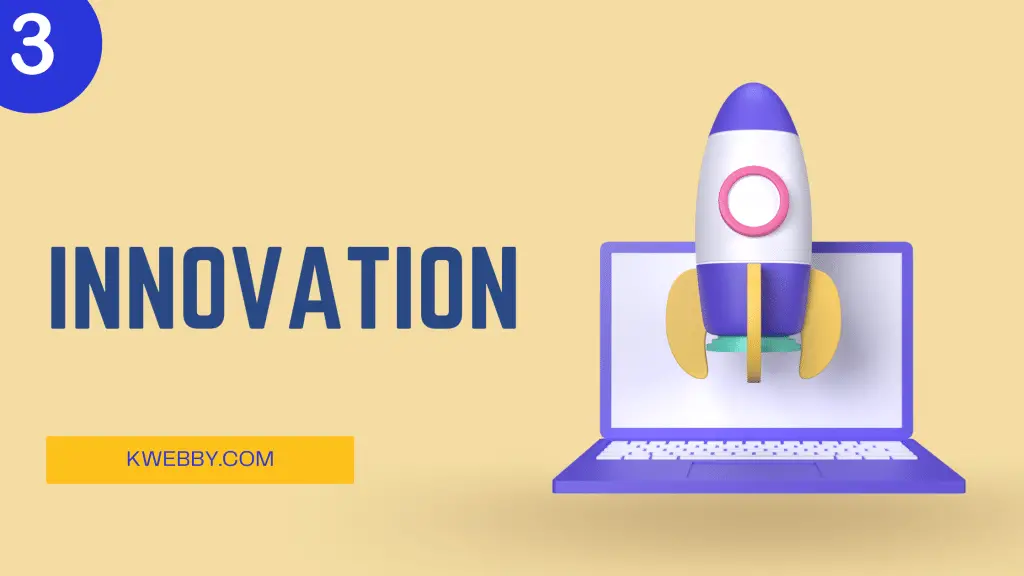
The term innovation is used in many ways. In the broader sense, it refers to ideas and approaches that are innovative or creative. But in a narrower sense, it applies only to what’s new in one specific area.
There’s disruptive innovation, which refers to innovations that destroy existing markets or industries. There’s also evolutionary innovation, which can also be disruptive over time but for different reasons.
Evolutionary innovation gradually moves into an industry by making small changes along the way that build on each other to create new ideas and products. Think of how a butterfly affects the rainforest with its tiny wings flapping while others sleep.
When the butterfly’s wings flap faster and more often thanks to climate change or other environmental factors, they affect everything else around them with even less notice.
This makes disruption easier since fewer people are paying attention–it might not alarm them until it becomes obvious there is a problem when they need their product right away.
Data
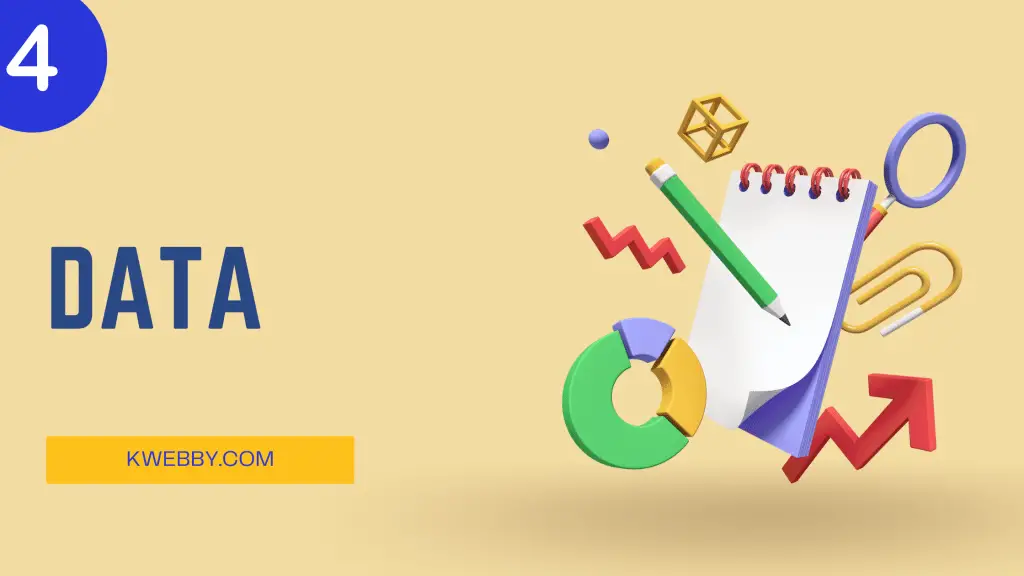
Data is the new oil–a tool that can be used to generate value. In a world of Web 3.0, data will be generated at an even greater rate than it is today.
This data will have to be stored and analyzed, which means both storage capacity and processing power need to increase to keep up with the demand for data-driven services.
Cryptocurrencies play a big part in this as well. They’re built on blockchain technology, which acts as a public ledger, storing all transactions without the need for a central authority or bank.
With Web 3.0 decentralized applications (dApps), big tech companies may no longer own people’s data. Instead, users will have complete control over their information and personal records thanks to the power of blockchain technology.
What does this mean for businesses?
It opens new opportunities for monetization!
A key challenge of Web 2.0 was making money off content creation, but because apps are built on blockchains that use cryptocurrencies as payment vehicles, they can reward people quickly while also protecting their digital property rights (content creators’ copyright).
In addition to monetizing content better than before, businesses could also start selling their own tokens–digital assets representing an ownership stake within an organization–to fund projects through crowdfunding campaigns (like Kickstarter or Indiegogo).
It’s never been easier!
Adaptability
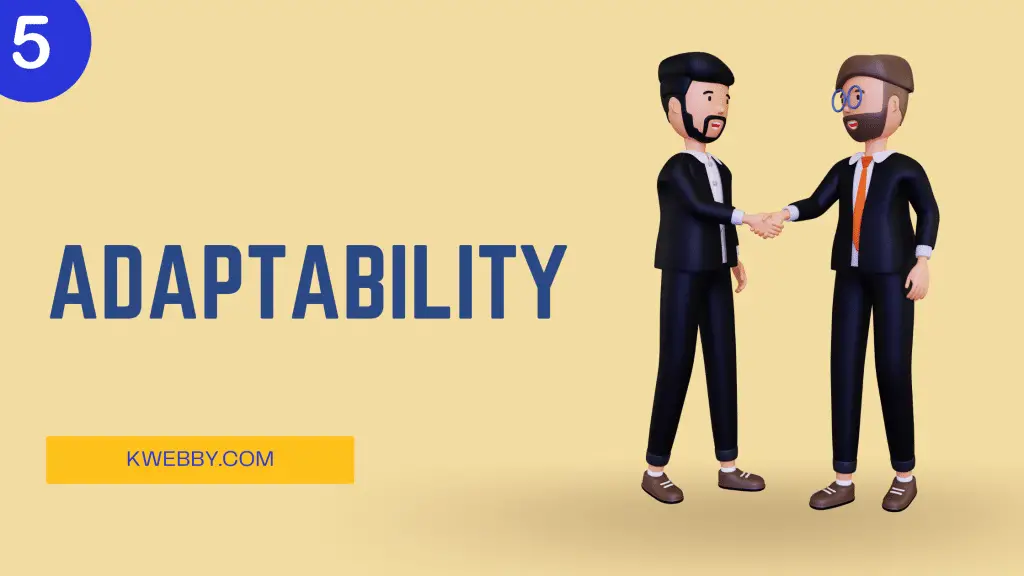
Being agile and open to change is the best way to adapt your business to Web 3.0. This will involve being prepared to fail, learn, and take risks along the way. While experimentation may feel uncomfortable at first, it’s vital that you embrace it to remain relevant as digital technology continues to advance.
The most effective businesses will also be those willing to dedicate resources toward growth opportunities within their industries.
If you are proactive about exploring new ways of using digital technologies, it’s likely that your business will have a competitive advantage over others within its industry or niche.
The Bottom Line
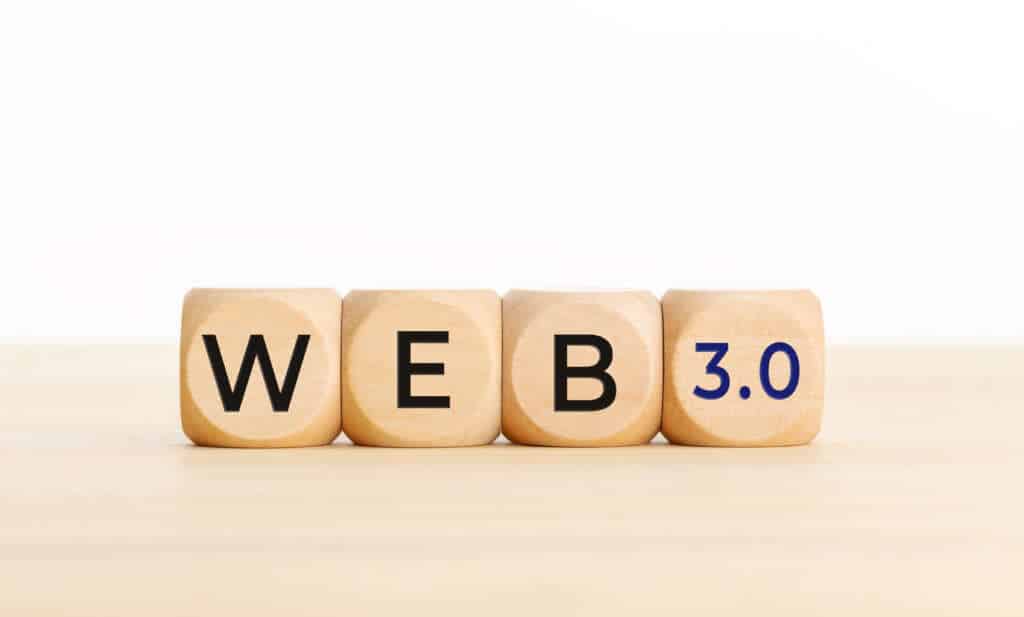
Businesses are going to need a good strategy for approaching Web 3.0. Because the technology will evolve so quickly and be so decentralized, companies will have to keep their ears and eyes open for new developments.
To compete in such an environment, businesses will need to make sure they are agile and ready to adapt.

